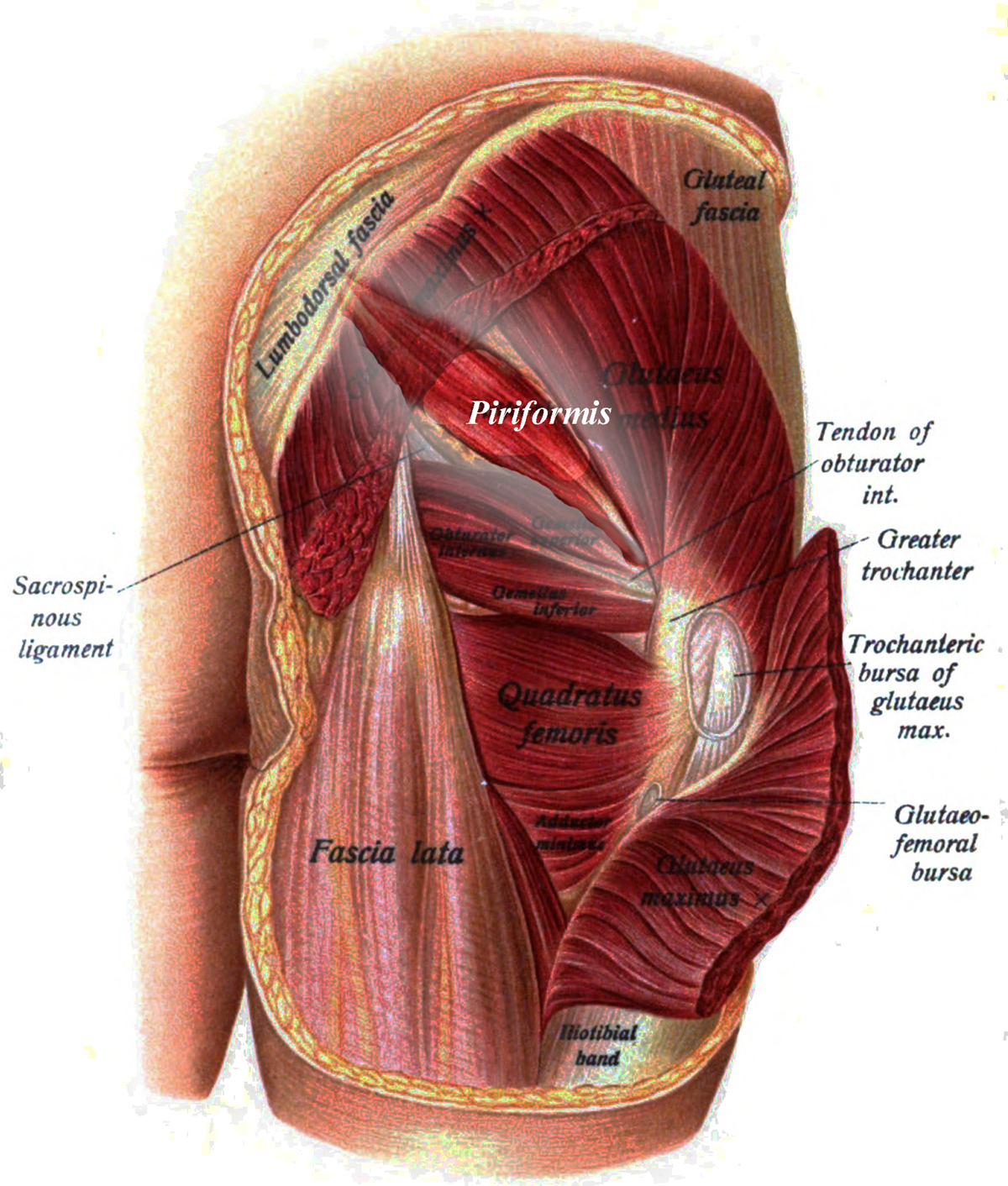
The muscular system in the humans is quite complex and is comprised of a great number of muscles. The muscles enable us to move and to make even a slight body movement. All of the muscles in the body are well coordinated and because of that we do not even feel them when we perform a simple daily activity. However, when doing some strenuous activity we can feel the muscle tension. Often when we overuse our muscles the subsequent pain is expected.
Piriformis muscle
We can also feel the pain of the piriformis muscle, which has the role to attach the sacrum to the topmost part of the femur, commonly known as thighbone. When this muscle is inflamed, it causes pain, which spreads to the hip and buttocks. This condition is diagnosed as sciatica and it does not represent a disease, but a group of specific symptoms.
The piriformis muscle facilitates the leg movements since it is involved in the hip joint external rotation. This muscle does not lead to the occurrence of ache in the back and buttocks, but the pain in these two regions appears since the inflamed piriformis makes a pressure on the sciatic nerve in that area. When this condition appears, it is called either piriformis muscle pain or piriformis syndrome.
Symptoms of piriformis muscle pain
It is expectable that the main symptom of this muscle condition is pain. This pain occurs around the outer hip bone and further causes hip pain. The pain also comes from the center point of the buttocks and then spreads and joins the hip pain. Piriformis muscle pain may also begin somewhere in the lower back and then expand to the thighs and downward along the legs.
The people who suffer from piriformis muscle pain may also experience the muscle stiffness or weakness, as well as numbness or tingling sensation in the affected area. Furthermore, the movements of the legs can be considerably limited due to piriformissyndrome. The symptoms of piriformis muscle pain tend to become worse during any physical activity. Many people with this condition can experience only few of these symptoms, but there are also those who experience all of them.
Causes of piriformis muscle pain
This muscle pain occurs mostly in athletes who tend to overuse this muscle in their sports activities. Poor body posture and sitting in the same position for a long time, as well as certain genetic factors are also some of the causes for the occurrence of piriformis muscle pain.


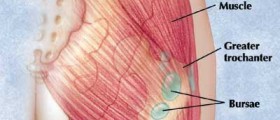


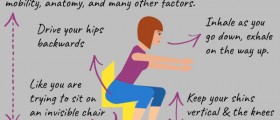

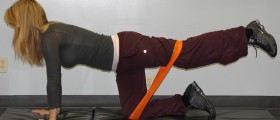






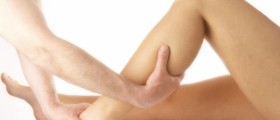


Your thoughts on this
Loading...